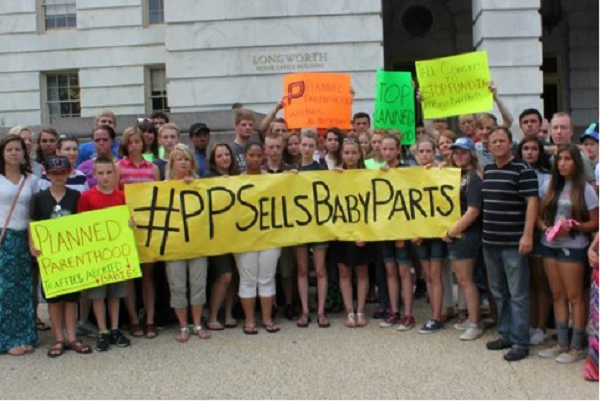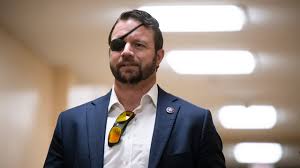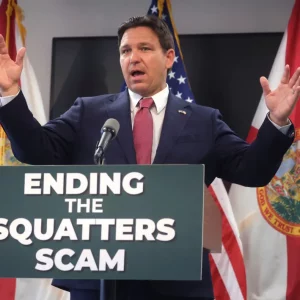2015 has been a year full of debate, controversy and headlines regarding Planned Parenthood (PP), but the nation was stunned on November 27th when a gunman attacked a PP clinic, killing three people and injuring nine others.
A standoff between the shooter and police lasted five hours at the Colorado Springs clinic, ending with the suspect, 57-year-old Robert L. Dear, finally surrendering. Among the victims were two police officers and one civilian. All fifteen of the clinic’s employees survived and helped save others during the attack, according to regional Planned Parenthood head Vicki Cowart.

In the wake of this attack, the question on everybody’s mind is if the attack had anything to do with recent controversies involving Planned Parenthood.
The official statement so far is that the shooter’s motive remains unclear, although an anonymous law enforcement official claims that Dear muttered “no more baby parts” after being taken into custody. There have been different reactions across the nation with some wondering if Dear was even targeting Planned Parenthood and others outraged that he has not yet been labeled a domestic terrorist. Additionally, some local residents are willing to mourn losses but not “get political”, while President Obama once again has stressed the dangers of “easy accessibility of weapons of war” and a need for increased gun control.
But for most speculators, the timing of the attack plays a key role.
Planned Parenthood (PP) has been embroiled in controversy from its very conception in 1916, first as a birth control clinic, then as an active proponent in the legalization of abortion, and now as the U.S.’s number one abortion provider. However, this particular attack comes just a couple of months after an anti-abortion group released secret recordings in which a PP official discussed how to obtain aborted fetal tissue for medical research and sparked controversy nationwide. Planned Parenthood faces trouble for this beyond moral outrage from “pro-lifers”—people against abortion in all circumstances, with the sometimes exception of rape cases. While the use of fetal tissue in medical research is legal, profiting from the sale of fetal tissue is not. Planned Parenthood, which charges a relatively small processing fee for certain procedures, insists it does not profit by selling fetal tissue from the abortions it conducts. Moreover, it claims only 1% of its nationwide 700 clinics perform abortion procedures at all, only 3% of its total procedures are abortions, and that no federal funding is used for abortion procedures. Nevertheless, the organization, which receives around 40% of its budget from federal funding, now finds its funding and its clinics threatened. This threat is particularly felt in states like Texas, where the state government has already passed legislation shutting down most of its abortion clinics (and is currently fighting a lawsuit against that legislation). Texas lawmakers have said they plan to cut all Medicaid payments to Planned Parenthood and recently, state investigators have been arriving at PP clinics and confiscating documents.

Anti-abortion activists protesting Planned Parenthood following the recent scandal. Image source: The Odyssey Online
The controversy has had enormous effects at the federal level as well, with some citing it as the key reason for John Boehner resigning as House Speaker. Boehner, a Republican leader and anti-abortion politician, refused to let the government shut down over partisan gridlock regarding Planned Parenthood funding. President Obama responded by saying he will veto any attempt to defund the organization. This led to Boehner facing opposition within his own party and, according to multiple sources and speculation, possible pressure to step down as House Speaker.
More recently, on December 3rd, the U.S. Senate voted to stop all federal funding to Planned Parenthood. This decision is unlikely to stick, as President Obama has previously said he will veto any attempt to defund the organization. Nevertheless, the growing governmental, not to mention public, opposition to the organization poses a threat to its future existence—and, possibly, to its employees’ and clients’ lives.
This recent political upheaval regarding Planned Parenthood kindled the abortion debate, with “pro-choice” and “pro-life” groups coming out and protesting in full force all over the nation. Many theorize this uproar is what led to Dear’s attack on Planned Parenthood, and if history is anything to go by, this is not an unlikely explanation.
About three decades ago, Ronald Reagan ran for President and won on an anti-abortion platform, making abortion a central political issue at the time. In the following years of his presidential term, violent attacks on abortion clinics throughout the U.S. began, with four Planned Parenthood clinics being bombed or otherwise attacked in 1986 alone. Considering this example, it is not unlikely that renewed political fervor over abortion may have led to the most recent attack.
As more details emerge about Dear in the following weeks, it will become more clear how much of a role his anti-abortion views and the recent Planned Parenthood scandal played in the shooting. Regardless of whether Dear was targeting PP or not, Planned Parenthood’s image and existence are in a precarious position today and can very well become targets for (other) extremists.
Featured Image Source: Lucas Jackson/Reuters






Be First to Comment